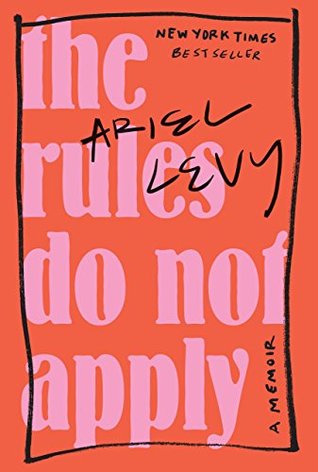More on this book
Community
Kindle Notes & Highlights
A real editor isn’t just someone you work with; he’s your guide. He sees your brain doing its thing and learns its weaknesses and abilities, and if he’s really good, he figures out what you need to hear to compensate for the former and accentuate the latter. He is the person you trust with the most intimate thing you have, your own voice.
I wanted what she had wanted, what we all want: everything. We want a mate who feels like family and a lover who is exotic, surprising. We want to be youthful adventurers and middle-aged mothers. We want intimacy and autonomy, safety and stimulation, reassurance and novelty, coziness and thrills. But we can’t have it all.
You have an affair because you are not getting what you want from your loved one. You want more: more love, more sex, more attention, more fun. You want someone to look at you with lust—after years of laundry—transforming you into something radiant. You want it, you need it, you owe it to yourself to get it. To live any other way is to be muffled and gray and marching meaninglessly toward death. You want what she gave you at the start (but what you had hoped would expand and intensify instead of shrinking until you find yourself so sad, so resentful, you can barely stand to be you).
You have an affair to get for yourself what you wish would come from the person you love the most. And then you have broken her heart and she can never give you any of it ever again.
It is not a good feeling being right about something you have suspected when you finally gain undeniable confirmation that it’s true.
My mother had never once been surprised when I accomplished something. She had never believed me when I told her I would fail, even when she took me to the airport with my hulking backpack when I was twenty-two and afraid of Phnom Penh, afraid of Katmandu, and, of course, so was she. She didn’t say, “You’re right, it’s too dangerous—let’s go home.” She said, “Get on the plane. You’ll be fine.”
It had never occurred to me that both situations were whatever they were, whether I figured them out or not. And it had certainly never crossed my mind that my reaction—my suffering—was mine: something I had come up with, not something I needed to blame on anyone else.


